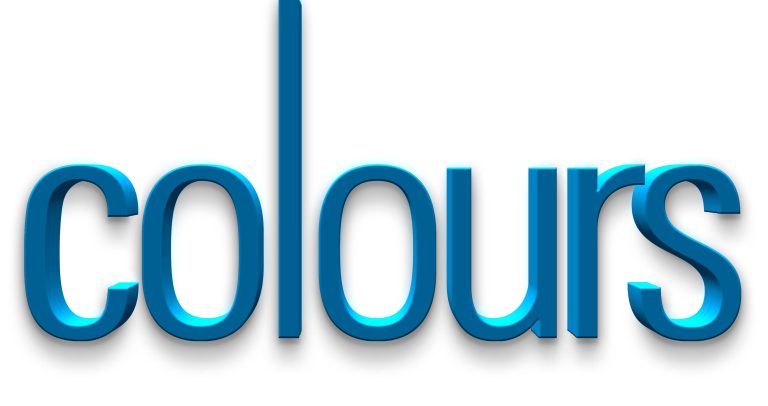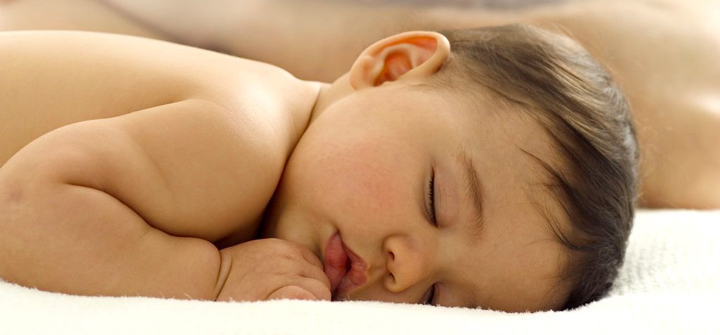CPAP (Constant Positive Airways Pressure) therapy was invented here in Australia, not far from where I now live, about twenty years ago. The therapy involves wearing a mask that supplies high pressure air (at a fairly modest pressure, really – about 12cmH2O or about 0.2 psi), which enlarges the airways passages at the rear of the throat and nose and prevents them from collapsing or constricting during sleep.
My original diagnosis revealed that I had an AHI score (for the technically minded that stands for Apnea-Hypopnea Index) of 84. In layman’s terms this means that more than 80 times per hour I actually stopped breathing. I would wake in the morning with a dry mouth and throat, a headache and a general feeling of lethargy – even after 8 hours or more of sleep.
Now, I routinely have an AHI of less than 2.0, and more often than not it actually measures “zero”. I wake feeling refreshed, without any headache – and manage to reach the end of the day without nodding off at lunch time.
Although this therapy was interrupted during my time in hospital, and for several months after discharge, until the plastic surgeons gave me the go-ahead to resume, I have continued using a CPAP device virtually non-stop, every night, since I acquired it. Many users give up because the mask which is worn can be uncomfortable, restrictive or ill-fitting and hence ineffective. However, I have never suffered such complaints, and, time in hospital aside, I have maintained a “compliance” of 100% – indeed, I have actually come to enjoy the feeling of security and relaxed deep breathing that wearing the mask brings each night. Any discomfort is a small price to pay for the greater health benefits that result.
It is now realised that the health benefits of getting a good night’s sleep have far-reaching implications – even into the effectiveness of the Australian workforce.
The following information comes from a recent article at “Dynamic Business” – http://www.dynamicbusiness.com.au/
Bad night’s sleep costing businesses $5b in lost revenue
Sleep deprivation is costing the Australian economy billions every year in lost productivity, according to a new sleep study.
A sleep census conducted by CQUniversity and Sealy found 96 percent of people surveyed reported waking up still tired, with just four percent waking feeling refreshed and ready for the day.
Unsurprisingly, sleep deprivation is having a negative impact on the country’s business sector, as sick days, lost man-hours and poor productivity are a direct result. The study found 70 percent of people said that their work productivity was negatively affected due to tiredness with 38 percent admitting to have fallen asleep at work or in a meeting.
An alarming 30 percent of employees said they have called in sick after having a bad night’s sleep, a statistics which could be costing employers millions of dollars each year in lost productivity.
The study also uncovered a striking difference between the amount of sleep required to function properly, based on various occupations. Management executives felt they need less sleep to function effectively compared to those who don’t work, students, office workers, retail employees, parents and the self-employed.
Management executives also felt they needed less sleep to drive a car safely than most other occupations and students said they needed the most amount of sleep to function effectively and slept on average 29 minutes longer than people in any other occupation.
Sealy spokesperson Ross Gage said the findings were of concern, especially in relation to the way they impact they local economy.
“The study gives us valuable insight not only into the sleeping habits of Australians but how sleep issues can directly impact on Australian commerce, with some alarming findings,” Gage said.
The Sealy Sleep Census polled 13,089 people on their sleeping habits via an online survey.

